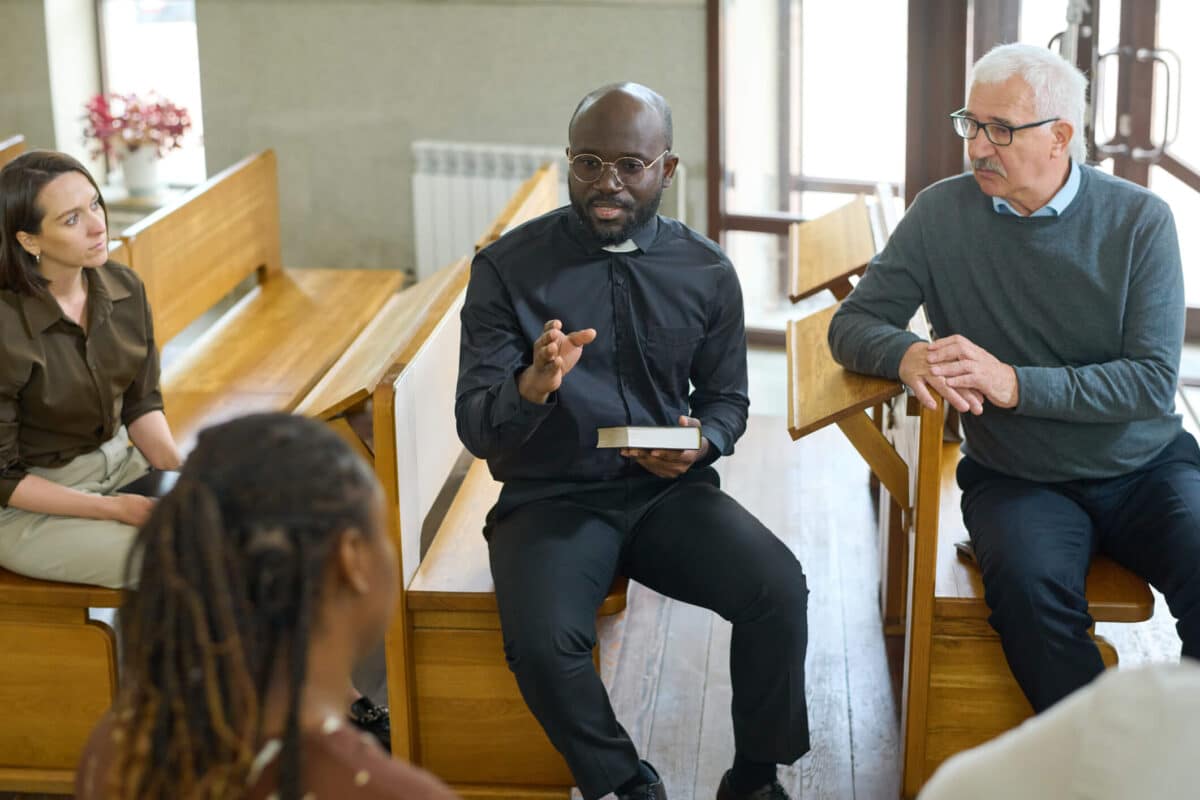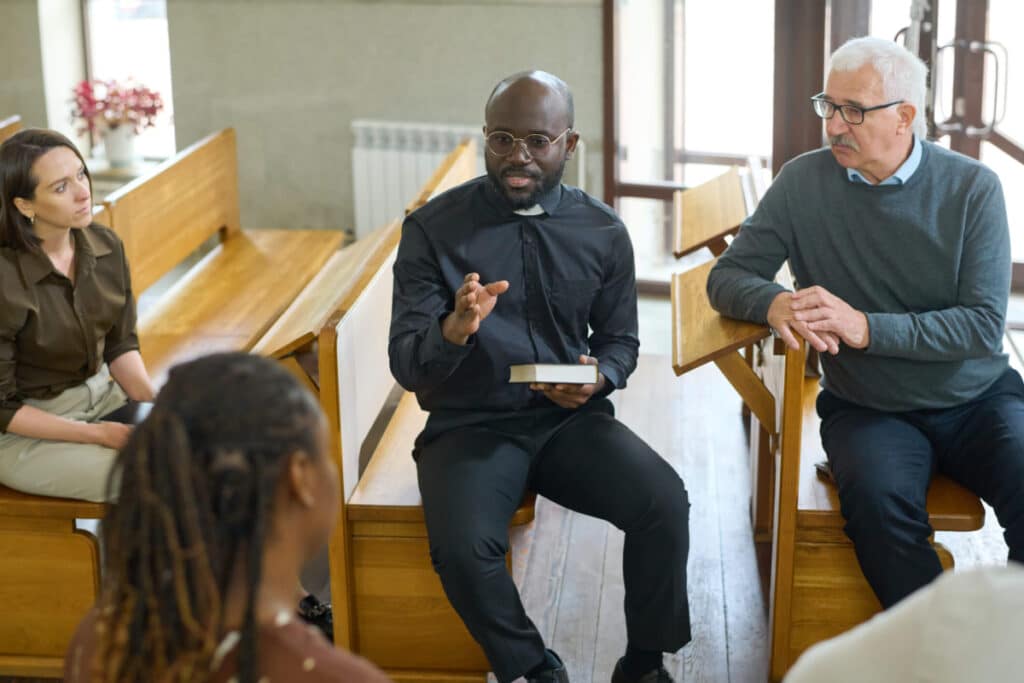Isolation negatively affects individuals, especially seniors. However, solving the problem is more than just companionship; it’s about recognizing and taking advantage of opportunities to be socially connected—and making the best use of those opportunities.
Affects of isolation
According to the AARP Foundation’s Connect2Affect Tools to Overcome Social Isolation, the issue of social isolation has reached epidemic proportions. The health risk of prolonged isolation has been equated to the dangers of smoking 15 cigarettes a day.
Connecting with good friends and pleasant acquaintances is a different story. In fact, the National Institute on Aging’s Participating in Activities You Enjoy as You Age states older adults who have an active lifestyle:
- Are less likely to develop certain diseases
- Have a longer lifespan
- Are happier and less depressed
- Are better prepared to cope
- May be able to improve their thinking abilities
Staying socially connected for the health of it
Some families are spread out across the nation, or the world, making in-person gatherings impossible. There are also seniors who may be isolated because they have lost their family members and friends over the years. In these cases, it’s important to remember all the other ways to stay socially connected and make new connections including:
- Taking a class. Think exercise, art, religious or college continuing education class. Lifelong learning helps keep the brain nimble and provides an opportunity to stay socially connected to others.
- Play games with others. In addition to being a lot of fun, card, board, trivia and other games are great for testing skills against one another while building connections.
- Develop a spiritual practice. Whether it’s regularly attending a church or joining a meditation group or yoga class, spiritual practice provides a space for others to come together, unwind and remain socially connected.
- Volunteer. Volunteering with a charity or even just on an occasional project makes it easy to build connections, and also benefit from the positive health effects of giving. Learn about our volunteer opportunities.
- Get together with friends regularly. Meet at a park bench and enjoy the sunshine. Have coffee once a week at a favorite bistro. Go for a walk together. Regularly spending time with pleasant company can have a major positive effect on emotional, mental and physical health.
- Engage on social media. Seniors can regularly check their grandchild’s social media posting to keep up with game results, school dances, new puppies and other major events.
- Use video chats. Whether it be Facetime, Skype, Zoom, Messenger or another service, video chats are a great way for seniors to catch up on the news of family and friends, anytime of the day or night.
- Email and text. Receiving a message every morning starts the day off on a positive note, regardless of how far the distance between the sender and recipient. It can be very comforting for seniors living alone to know that a family member or friend is saying hello and sharing news, just as a good neighbor might have done in the past.
- Take a Virtual Vacation. No passport needed! Anyone can take a trip without leaving home. Virtual Vacation takes viewers just about anywhere they want to go around the world.
- Mentor a budding entrepreneur. Wisdom is the gift of aging, and many seniors have a lot of skills and insight to pass on to the next generation. Seniors who can guide a young executive or budding writer, designer or architect through the early stages of their career stay socially connected as well as involved in the latest trends.
Staying socially connected can result in disease prevention, lower rates of anxiety, stronger immune system, improved cognitive function and more. A senior living community can be an ideal environment for making friends, feeling engaged and staying connected with the community at large. For example, our daily activities, lifelong learning classes and award-winning wellness program, Flourish, promote active aging.
Learn more about senior living in our free Senior Living Options Guide.






